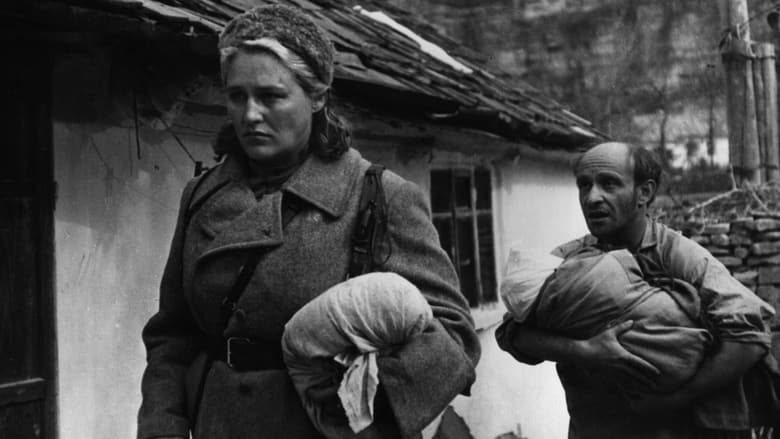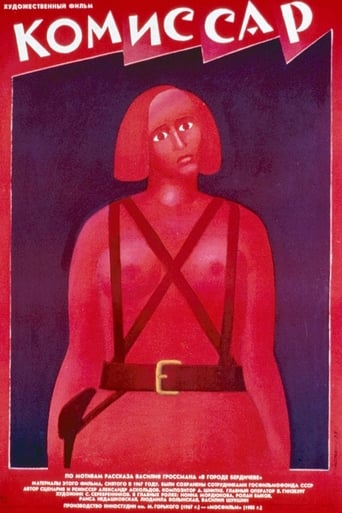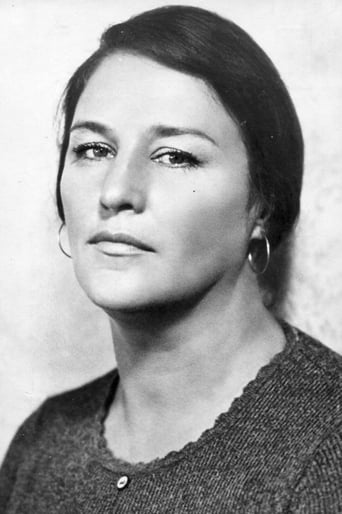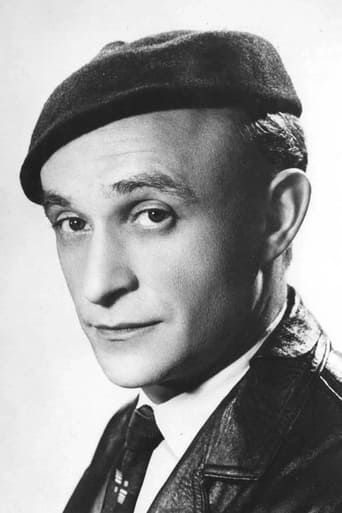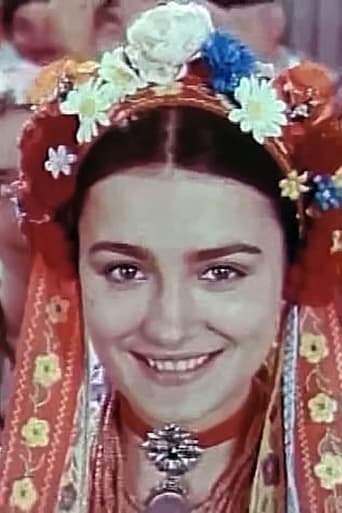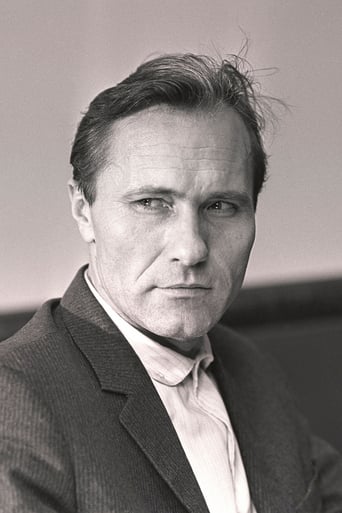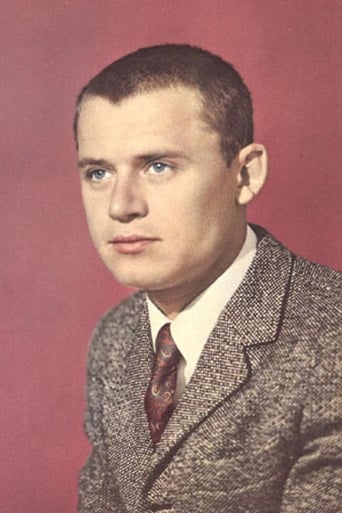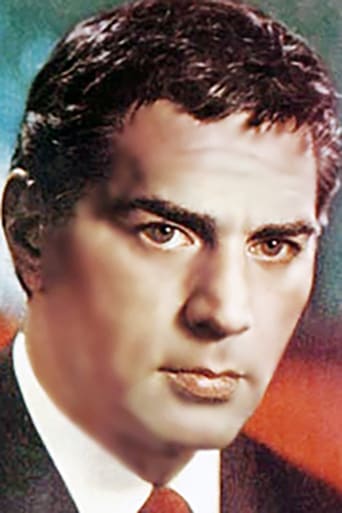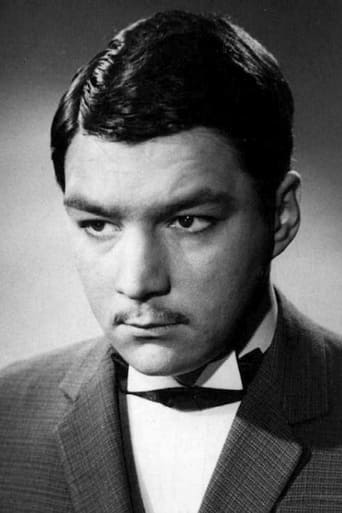Klavdia Vavilova, a Red Army cavalry commissar, is waylaid by an unexpected pregnancy. She stays with a Jewish family to give birth and is softened somewhat by the experience of family life.
Similar titles
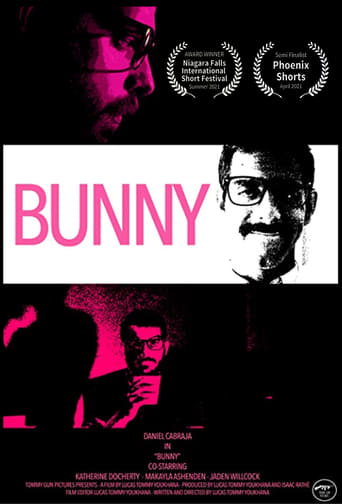



You May Also Like
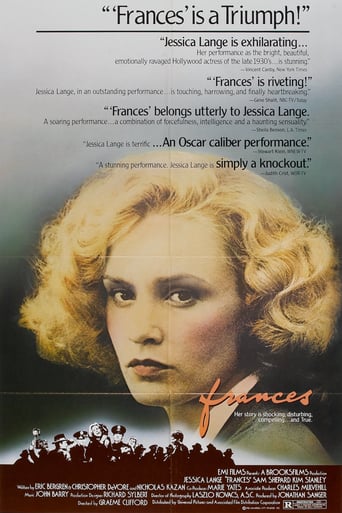
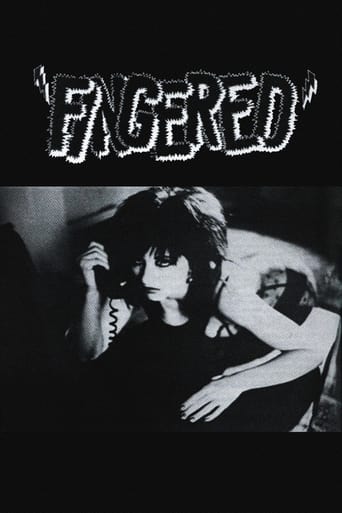


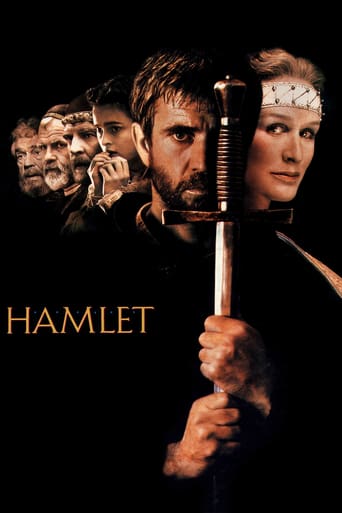

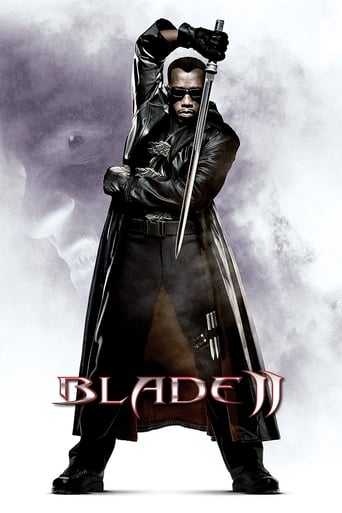


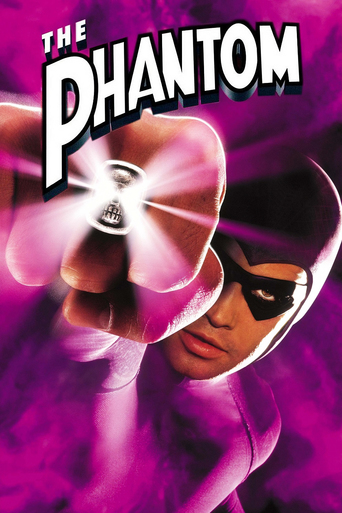
Reviews
To me, this movie is perfection.
A lot more amusing than I thought it would be.
In truth, any opportunity to see the film on the big screen is welcome.
The film never slows down or bores, plunging from one harrowing sequence to the next.
Many elements in this film are about getting closer to the story, and the characters. One of the earliest indications of this intent is the camera- it is very lively throughout the film, and one of the repeating motifs is of it coming closer to scene- first physically but then much closer than even that. The camera moves like a person in the scene, only one unafraid of proximity, and very early on we can even see the camera take the viewpoint of a character being pushed inside a building; but strangely that's still the second closest it comes to a character.During the childbirth scene in this movie, the camera is able to enter a metaphysical place as a metaphor for the main characters current experience- scenes of soldiers and horses. But the movie is just as much about the reality that was used as a metaphor as it was about the 'actual' events.The scope of the plot is incredibly small as it follows a single family and Klavdia over a few days. but through this very small scope the movie speaks about something much more- about the treatment of Jews, about war, and about the revolution.This movie gets very close to a few characters and creates an emotional bond between them and the audience. In a word, this movie is very human, creating scenes that are very warm and others that are very sad. And through these few character and events is capable of talking about much more.
I was surprised to hear that "Komissar" was filmed in 1967, a year when the USSR was already firmly past Kruschev's thaw and entering the repressive Brezhnev era, because there is something very "thawish" about this film. The general criticism of war, the dignity of ordinary people during a time of calamities, and the juxtaposition of battles with moments of civilian life, all hearken back to the ideas expressed in "The Cranes are Flying" (1956). As in all Soviet cinema, many of the central ideas are expressed through symbolism. This makes the film somewhat difficult for viewers who are not used to this style, but most people tend to find it refreshing and psychologically stimulating. It certainly prompts more post-film discussions than current American cinema that simply shoves the director's point of view down the audience's throat.Some of the themes that I found particularly interesting were: the use of the innocence of children to depict the horror of war, the image of saddled horses without riders galloping into battle, and, of course, the father dancing in the midst of a bomb raid. Most of all, I thought that the change in Vavilova - going from a rough, battle hardened Red Army officer to a nurturing mother, is the most poignant aspect of this film. The scene where Vavilova is hunted my soldiers for having a child mimics her own persecution of a man who leaves the army to be with his beloved. The soldiers turn out to be figments of her imagination, but the point is obvious. However, Vavilova's decision in the end of the film (which I will not reveal for fear of getting blacklisted by the IMDb NKVD) is puzzling in light of the changes in her character. I suppose that Askoldov's opinion that a person's nature cannot be changed by one experience is contrary to my own optimism. Still, I find the end to be somewhat unrealistic.
Throughout the movie, `Commissar', the innocence and naivety of the children allows them to be used as a medium through which many emotions can be conveyed. Sheltered from reality by their youth, the actions of children reflect their environment, unhindered as they are by experience, opinions, or understanding. The actions of a child are not filtered by taboos; the actions are pure and unadulterated regurgitations of the world around them.The example that stands out the most in the film is that of the playful pogrom. The actions of the three children, taken against the fourth, are a horrible reflection of the world they live in. However, this is not the only such example. In fact, the same concept, used in the very next scene, shows a beautiful reflection of the strength and courage of a family caught in the maelstrom. As the bombs begin to fall, and the children all begin to wail within the cellar, it falls on Efim to hold everything together. He does this in an incredibly powerful scene, standing up in the middle of his family and beginning to dance. Instinctively the children stand up to join their father in an act they are obviously as familiar with as the pogrom, and are placated by mimicking the ritualistic, soothing moves of their father. Whether or not they understand the significance of the dance, just as they may or may not fully understand the pogrom, is irrelevant to them. All that is important is that it and their father are there to give them comfort. Through the same general device, two very different ends are achieved. Many responses stressed the horrifically moving quality of the pogrom scene, but fail to mention the beauty and hope of a father dancing with his children, while the world rips itself apart around them.
I saw "Komissar" as part of a local Jewish Film Festival. It is a black and white film that focuses on a commander on the Red side of the Russian Civil War, Klavdia Vavilova, who finds herself pregnant with the baby's father dead in battle. Unable to continue the fight, she is thrust upon a poor Ukranian Jewish family, who are told to provide her lodging.The family takes her in (what choice do they have?) but soon their heart-felt sharing and kindness become obvious. When the Reds are retreating in a White advance, the danger is clear - were Klavdia found out by the Whites and identified as a Red komissar, the whole family could be executed. On the other hand, as the husband, Yefim Mahazannik, resignedly and clearly describes, the Jewish community can't expect good treatment from any Russian government at the time. In any case, the family asks her to stay, whether the village is under Red or White control.The story is stark, as can be expected from the setting. I enjoyed the performance of Raisa Nedashkovskaya, playing the role of the wife, Maria (isn't this much more a Catholic name than a Jewish one?). Her cheerfulness and kindness provide a welcome reprieve from the grimness of the film, as does, to some extent, her husband Yefim's incongruous singing. Even Maria and Yefim's children are forced to grow up quickly; I found disturbing their play-acting of the military harassing and killing Jewish people.I was surprised when the film ended; to me it was sudden and missing at least one or more final scenes. (I understand that the original 1967 film was actually not finished till the 1980s or 1990s. Apparently, the film was also banned in the former Soviet Union until Glasnost.) "Komissar" leaves one with silence and not hope for the Russian Jewish peasants and laborers, or any kind of vision of a peaceful and productive future for anybody.I did enjoy the skillfully subtle camera angles and landscapes. The actors gave strong and convincing performances. I also appreciated that the film could have justified being quite violent, but instead left most of the violence suggested and not graphic. Overall, I'd give the film a rating of 5 out of 10 - neither good nor bad, giving a good and perhaps realistic view into this period of history, but lacking a stronger plot.
Top Streaming Movies











